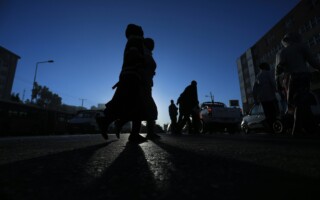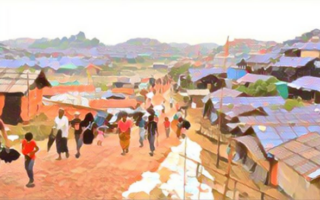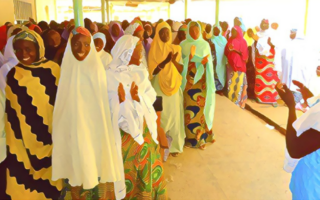
This cluster randomized trial evaluates the effectiveness of Forging Hopeful Futures (FHF). FHF is a multi-component, community-based program that addresses racial, gender, and economic inequities through gender transformational group workshops, job skills training, and similar activities. The project is comparing the effects of FHF to a control program of wellness check-ins for high-school-age young people (ages 14 to 19), examining a range of violence outcomes including intimate partner violence, bullying, and gun violence. The study is being implemented in 16 neighborhoods with limited resources and which experience high levels of violence across Pittsburgh and the Washington, D.C. metro area.
Why it Matters:
The burden of youth violence in the US falls disproportionately on those living in areas where systemic inequities weigh most heavily. One crucial factor is adherence to rigid and harmful gender norms among young men and women, which is linked to increased violence perpetration. Other factors include persistent experiences of race-based discrimination and lack of economic opportunities, which contribute to social isolation and emotional distress. At present, however, there are few community-driven approaches to violence prevention in the US that work simultaneously with gender norms, racial injustice, and economic inequality for young people in this critical developmental period.
The Approach: The study is being conducted from 2023 – 2025.
What we are doing:
- Extending and refining our previous work on “Manhood 2.0,” a gender-transformative youth empowerment intervention successfully designed and implemented in Pittsburgh and adapted from similar research we conducted in low- and middle-income countries including Brazil, Ethiopia, and India.
- Testing an intervention that combines job readiness training, gender-transformative programming, and leadership building. Together, those elements compose a novel, multi-level intervention for violence prevention with community partners.
- Applying an intersectional lens to better understand youth violence in the context of gender inequities (e.g., adherence to rigid masculinity norms) that are intertwined with both racial/ethnic inequities (e.g., racism and discrimination) and economic inequities (e.g., unemployment).
- Conducting a rigorous effectiveness and implementation evaluation to expand our repertoire of tested interventions capable of meaningfully addressing racial and gender inequities and reducing youth violence.
- Examining mechanisms through which the intervention creates impact, as well as clarifying how pre-intervention risk and protective factors mediate the intervention’s effects on multiple forms of violence.
- Testing implementation processes to help improve the program’s acceptability, reach, integration, fidelity, and engagement and to reduce costs associated with intervention implementation across neighborhoods.
The Big Picture:
Primary prevention of violence via early intervention with adolescents in communities with limited resources is a missing piece in the US violence prevention landscape. Prevention programming that explicitly accounts for, and targets, the intersectional effects of gender, race, and economic inequities is theoretically promising. Our rigorous evaluation of this programming in Pittsburgh and the Washington, D.C. area will give robust, evidence-based answers about how well this approach works and how to implement it effectively. It incorporates lessons learned from our similar research in low- and middle-income countries.
Partners:
Funders:




